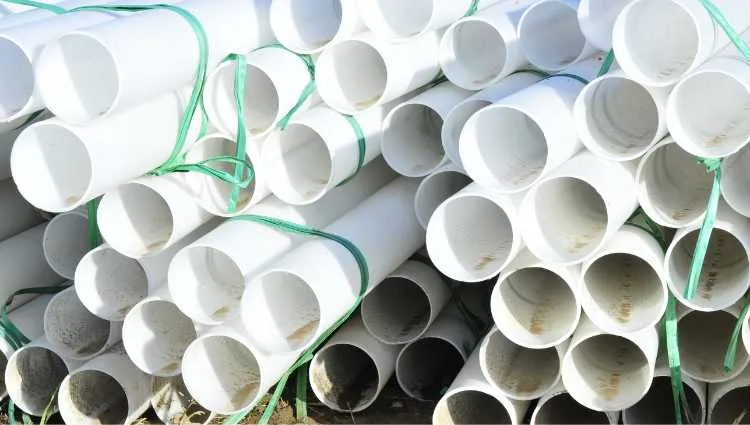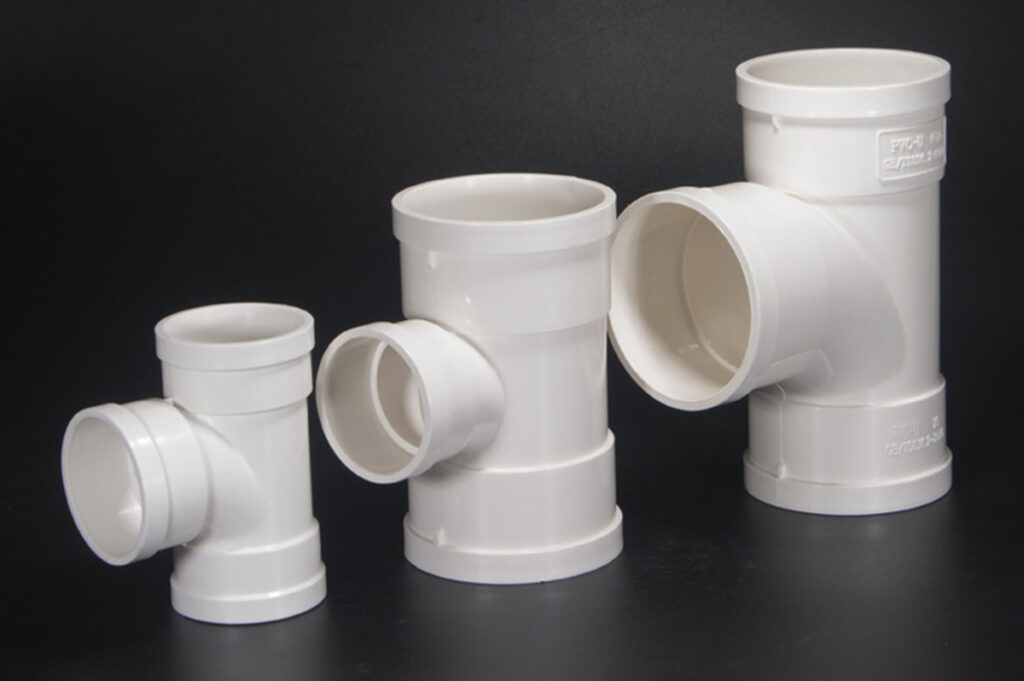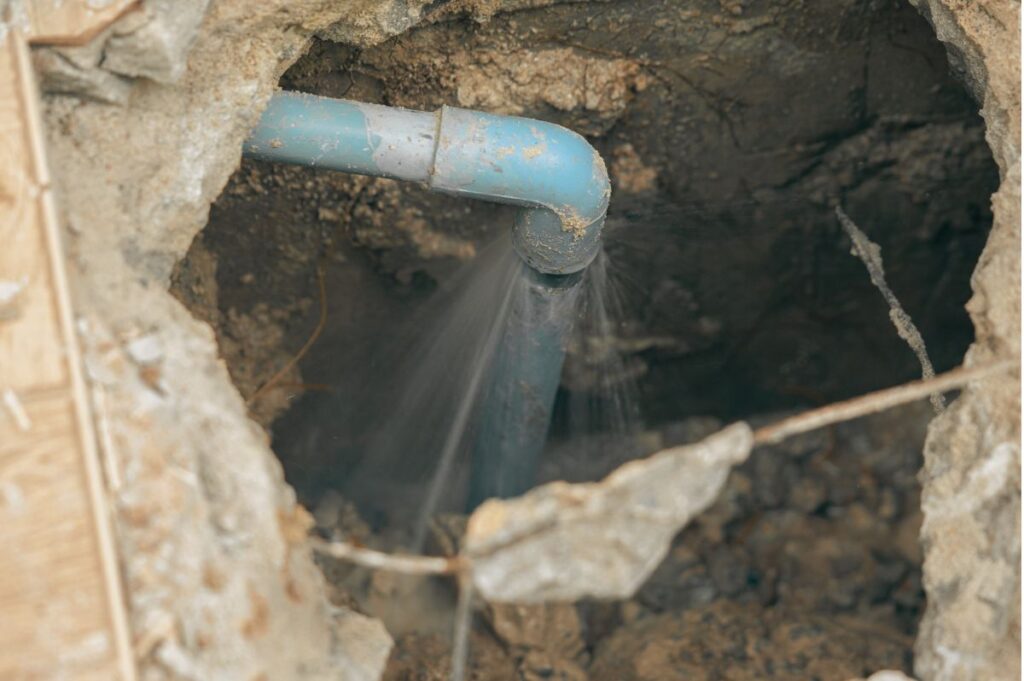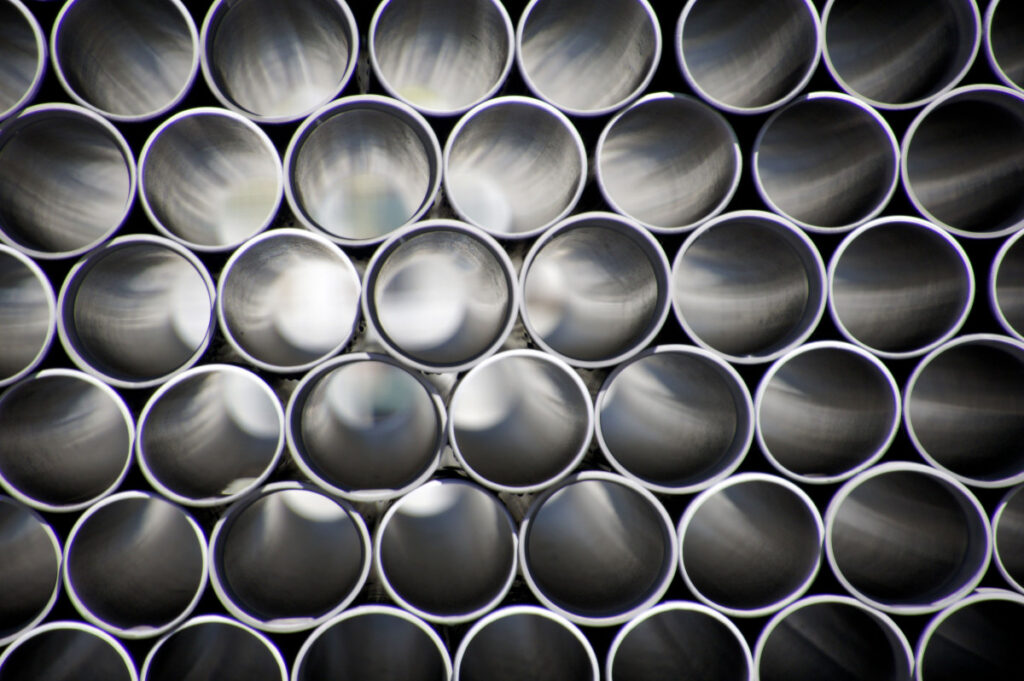
تعتبر الأنابيب البلاستيكية أدوات مهمة جداً لنقل المياه. وسواء في مشاريع إمدادات المياه البلدية أو الري الزراعي، فإنها تلعب دورًا مهمًا للغاية.
مع زيادة اهتمام الناس بسلامة المنتجات البلاستيكية، أصبح موضوع ما إذا كانت الأنابيب البلاستيكية تؤثر على جودة المياه شائعًا أيضًا. سلامة جودة المياه هي قضية شاملة تتضمن جوانب مثل مصدر المياه وأنابيب نقل المياه وأنابيب توزيع المياه. وبما أن معظم شبكات خطوط الأنابيب تستخدم الأنابيب البلاستيكية، فلا شك أن لها تأثير على جودة المياه.
يأتي تأثير الأنابيب البلاستيكية على جودة المياه بشكل رئيسي من جانبين: المعادن الثقيلة والمواد العضوية. ستستكشف هذه المقالة هذا الأمر بالتفصيل.
المعادن الثقيلة في الأنابيب البلاستيكية
تأتي المعادن الثقيلة في الأنابيب البلاستيكية بشكل أساسي من المثبتات الحرارية المعدنية المضافة أثناء عملية الإنتاج. لا تتطلب أنابيب البولي إيثيلين PE وأنابيب PP مثبتات حرارية معدنية في الإنتاج، لذا فإن المعادن الثقيلة في الأنابيب البلاستيكية التي تؤثر على جودة المياه تأتي أساسًا من أنابيب PVC.
وعادةً ما تكون المثبتات الحرارية المستخدمة في أنابيب PVC عبارة عن مخاليط من أملاح معدنية ثقيلة مختلفة، مثل Ba وCa وMg وCd وCd وSn وVe وغيرها. على الرغم من أن بعض هذه العناصر هي عناصر نزرة أساسية لنمو الحيوانات والنباتات، إلا أنه إذا لم يتم التحكم في كمياتها بشكل صحيح، فقد يكون لها أيضًا آثار سلبية على جسم الإنسان. لذلك، فإن التحكم في الجرعة أثناء الاستخدام أمر مهم للغاية.
أظهرت الدراسات أن حموضة وقلوية الماء، وكذلك درجة حرارة الماء، يمكن أن تؤثر على المعادن الثقيلة في أنابيب PVC. على سبيل المثال، عندما تزداد قيمة الأس الهيدروجيني للماء، تظهر كمية ترشيح المعادن الثقيلة (مثل الرصاص والحديد) اتجاهًا متناقصًا. إذا كانت جودة المياه حمضية بشكل ضعيف، فكلما زاد استخدام الأنابيب البلاستيكية PVC، زادت كمية المعادن الثقيلة المنطلقة. في الظروف القلوية، يكون الوضع عكس ذلك.
وبالإضافة إلى ذلك، تؤثر كثافة الأشعة فوق البنفسجية أيضاً على المعادن الثقيلة في الأنابيب، مما يؤثر على جودة المياه. وهذا التأثير مهم بشكل خاص في المناطق الاستوائية مثل شبه الجزيرة العربية. فكلما زادت شدة الأشعة فوق البنفسجية، زادت كمية ترشيح مثبتات المعادن الثقيلة في الأنابيب البلاستيكية.
المركبات العضوية في الأنابيب البلاستيكية
تؤثر المركبات العضوية في الأنابيب البلاستيكية على رائحة المياه وطعمها. بالمقارنة مع تأثير المعادن الثقيلة على جودة المياه، فإن تأثير المركبات العضوية أكثر مباشرة. لذلك، بالنسبة للكثير من السكان، فإن رائحة وطعم المياه هما المعياران للحكم على ما إذا كانت جودة المياه جيدة أو سيئة.
هناك العديد من أنواع المركبات العضوية في الأنابيب البلاستيكية، مثل الملدنات ومضادات الأكسدة والألدهيدات والكيتونات والإسترات والتولوين والمركبات العضوية المكلورة والمركبات العضوية المعدنية العضوية وما إلى ذلك. ووفقًا للأبحاث، تختلف كمية المركبات العضوية المنطلقة في الماء أيضًا باختلاف مادة الأنبوب البلاستيكي. على سبيل المثال، تطلق أنابيب HDPE مركبات عضوية أكثر من أنابيب CPVC.
من من منظور الاستخدام الفعلي للأنابيب البلاستيكية، فإن العمر التشغيلي لأنابيب إمدادات المياه المستخدمة في المشاريع البلدية عادةً ما يكون عدة عقود. ومع مرور الوقت، سيصبح تأثير المركبات العضوية على جودة المياه أكبر. من ناحية أخرى، لا تولي خطوط الأنابيب المستخدمة في مجال الري الزراعي اهتمامًا كبيرًا لتأثير المركبات العضوية على جودة المياه.
الخاتمة
من خلال هذه المقالة، نعلم أن الأنابيب البلاستيكية لها تأثير على جودة المياه، ويأتي ذلك بشكل رئيسي من المعادن الثقيلة والمركبات العضوية. ومن خلال التحكم في هذين العاملين، يمكن التحكم في جودة المياه. بالطبع، هناك العديد من العوامل الأخرى التي تؤثر أيضًا على جودة المياه. إذا كانت لديك أفكار أخرى، فنحن نرحب بمناقشتها معنا.




